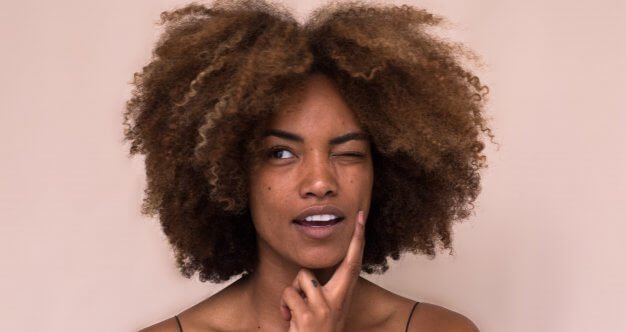Hair Dye and Cancer: What to Know
- A major new study has found higher rates of breast cancer in women who use permanent hair dye and chemical hair straighteners
- But experts tell SurvivorNet that the findings should not be cause for worry; there is no evidence that the hair products actually caused the higher rates
- If people who use permanent hair dye are worried about cancer risk, they can switch to semi-permanent hair dye, which was not associated with increased cancer risk
“This study, while a large number of patients, needs further investigation to determine the correlation of hair dye with breast cancer,” Dr. Sarah Cate, a breast cancer surgeon at Mount Sinai Health System, tells SurvivorNet.
Read MoreThe Study
Published in the International Journal of Cancer, the study looked at data collected from some 47,000 women ages 35-74 over the course of roughly eight years. Each woman had a sister with breast cancer but was breast cancerâ€free herself. Overall, researchers found:- A 9% increase in breast cancer incidence among all women who had used permanent hair dye
- An 18% increase in breast cancer incidence among all women who used chemical straighteners
- A 31% increase in breast cancer incidence among all women who used chemical straighteners frequently (every 5-8 weeks)
RELATED: Black Women Die From Breast Cancer at Shockingly Higher Rates Than White Women
When it came to the permanent hair dye, the researchers noted that the increase in breast cancer rates was much higher when they looked at black women specifically. They found:
- A 45% increase in breast cancer incidence among black women who had used permanent hair dye, compared to black women who never used hair dye
- A 60% increase in breast cancer incidence among black women who used permanent hair dye frequently (at least every 5-8 weeks)
- A 60% increases in breast cancer incidence among black women who frequently use permanent hair dye is a striking statistic (but as the researchers and experts who spoke with SurvivorNet pointed out, it’s important to recognize that black women were already known to have higher rates of breast cancer at the onset).
Chemicals Are Rampant, but Effects Unclear
The question as to whether hair dye can increase cancer risk is not a new question. Over 5,000 different chemicals are used in hair dye products, some of which are reported to be carcinogenic (cancer-causing) in animals, the National Cancer Institute reports. Many hair products contain chemicals potentially relevant to breast cancer. Researchers have been looking into this for years, and have yet to come up with enough evidence to say for certain whether the link is reason to worry.
In a conversation with SurvivorNet about hair dye and bladder cancer in February 2018, for instance, Dr. Arjun Balar, director of the Genitourinary Medical Oncology Program at the NYU Perlmutter cancer center, came down on the side of not over-thinking the dangers. “I don’t believe that there is a significant definitive risk associated with the use of hair dyes,” he said.
Having said that, the possibility that permanent hair dyes and chemical hair straighteners may have detrimental health effects could be a good reason to switch to alternative products such as temporary or semi-permanent hair dyes and other methods of straightening your hair.
“Since semi-permanent dyes and rinses were not associated with breast cancer risk, use of these formulations may be a good alternative for women if these products work for them,” Dr. Sandler said.
Learn more about SurvivorNet's rigorous medical review process.

